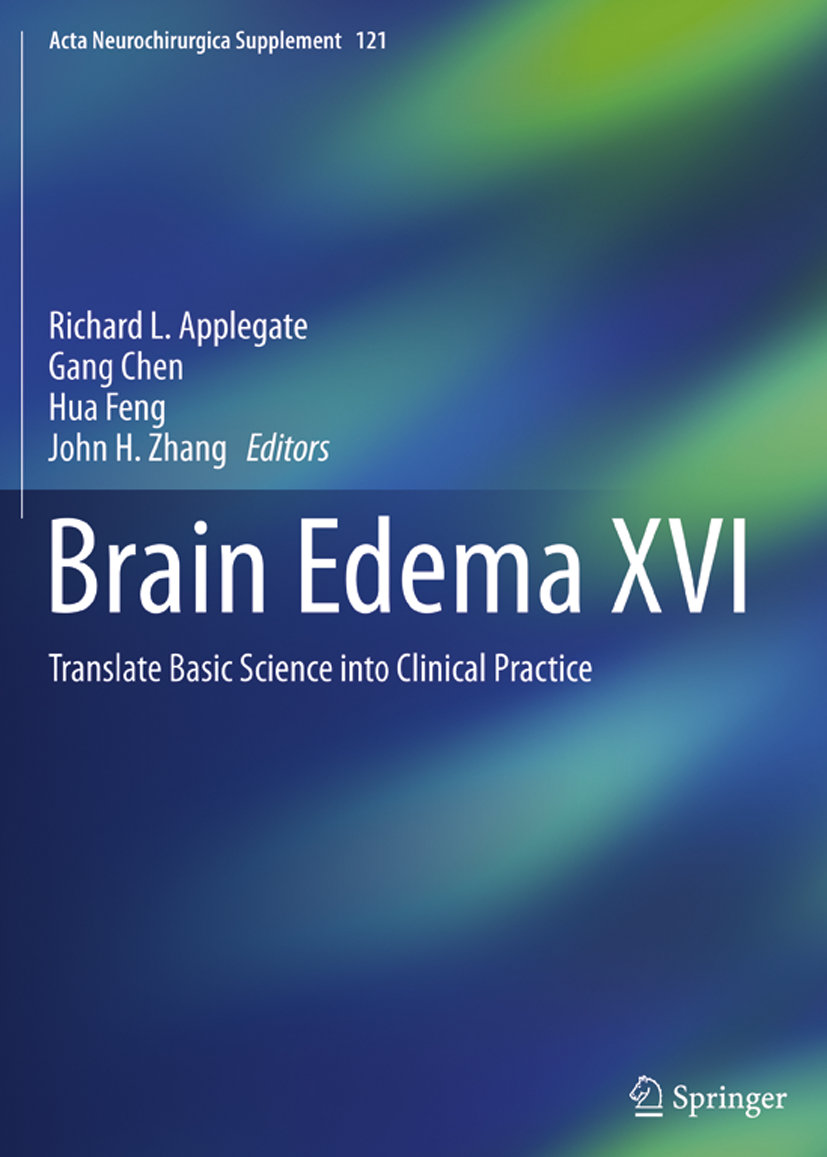In this book, leading world authorities on brain edema and neurological disorders/injuries and experts in preconditioning join forces to discuss the latest progress in basic sciences, translational research, and clinical management strategies relating to these conditions. The range of topics covered is wide, including microglia, energy metabolism, trace metals and ion channels, vascular biology, cellular treatment, hemorrhagic stroke, novel technological advances, anesthesia and medical gases, pediatric brain edema, neuroimaging, behavioral assessment, clinical trials, peripheral to central signaling pathways, preconditioning translation, and animal models for preconditioning and brain edema research. The book comprises presentations from Brain Edema 2014, the joint meeting of the 16th International Conference on Brain Edema and Cellular Injury and the 3rd Symposium on Preconditioning for Neurological Disorders, held in Los Angeles on September 27-30, 2014.


